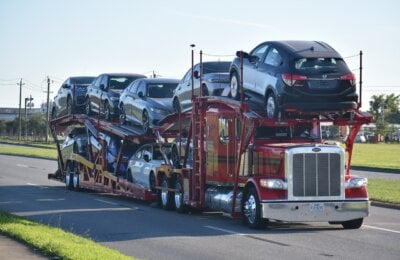
Reading Time: 6 minutes
As a car owner, it’s important to understand the different types of car insurance coverage. Knowing what companies, policies, and claims are available to you, helps you make an informed choice. With so many options, it can be difficult to choose. We’ll guide you through the maze of car insurance jargon and break down the various types of car insurance.
Types of Car Insurance Coverage
Car insurance coverage is a type of insurance that provides financial protection against damage to your car. Depending on the policy, it also covers injuries to yourself and other parties. Car insurance coverage typically comes in several types. There’s liability, collision, and comprehensive coverage, each with their own specific benefits and coverage limits.
- Liability coverage pays for damages or injuries that you cause to others in a car accident. This coverage typically has two parts: bodily injury liability and property damage liability. Bodily injury liability covers medical expenses, lost wages, and other damages resulting from injuries you caused to others. Property damage liability covers damages to other people’s property.
- Collision coverage pays for damages to your car that result from an accident, regardless of who is at fault. This coverage typically has a deductible. You pay out of pocket before the insurance coverage kicks in.
- Comprehensive coverage pays for damages to your car that are not the result of a collision. It could include theft, vandalism, or weather events. Like collision coverage, comprehensive coverage typically has a deductible.
Discover the Ease of Military Vehicle Shipping: Navigating the complexities of military relocations? Our detailed guide on Military Vehicle Shipping offers invaluable insights and tips for a stress-free move. Learn about the various shipping options, benefits, and how technologies like nanofluids are enhancing the process. Perfect for military personnel seeking efficient and reliable vehicle transport solutions. Dive into our article and make your next military move smoother!
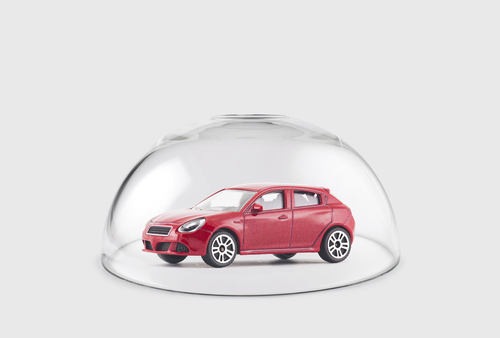
Discover the peace of mind that comes with expert RV shipping insurance. Don’t let uncertainties overshadow your travel plans. Visit our in-depth guide on RV Shipping Insurance and learn how to shield your home-on-wheels against the unexpected. Whether you’re hitting the road or parking for the season, we’ve got you covered.
Types of Car Cover
There are other types of car insurance coverage as well, including:
- personal injury protection (PIP),
- uninsured/underinsured motorist protection (UM/UIM),
- and gap insurance.
Each of these coverage options provides a different type of protection. In some cases, it may be required or recommended depending on your specific situation.
- Liability Insurance: Liability insurance covers damages or injuries you cause to others in an accident. This is typically the minimum required coverage in most states. Liability insurance includes bodily injury liability and property damage liability coverage.
- Collision Insurance: Collision insurance pays for damages to your vehicle when you collide with another car or object. This coverage typically has a deductible, which is the amount you pay out of pocket before insurance covers the rest.
- Comprehensive Insurance: Comprehensive insurance covers damages to your car caused by something other than a collision. It covers theft, vandalism, or weather events. This coverage also typically has a deductible.
- Personal Injury Protection: Personal injury protection (PIP) covers medical expenses for you and your passengers, regardless of who is at fault. PIP can also cover lost wages and other expenses related to the accident.
- Uninsured/Underinsured Motorist Protection: Uninsured/underinsured motorist protection (UM/UIM) protects you if you’re in an accident with a driver who doesn’t have enough insurance to cover the damages.
Before reading on, have you ever thought about the true cost of DUI? Read about this and more on our blog.
Types of Car Insurance Companies
- National Carriers: National carriers are well-known and have a national presence, such as Allstate, State Farm, and Geico. These companies often have a large customer base and offer a range of coverage options.
- Regional Carriers: Regional carriers are smaller, localized companies that offer coverage in specific states or regions. These companies often have a more personalized approach to customer service and may offer unique coverage options.
- Direct Sellers: Direct sellers are companies that sell insurance directly to customers online or over the phone. This could include Esurance or Progressive. These companies often offer competitive pricing and streamlined processes.
Types of Car Insurance Policies
There are several types of car insurance policies, just as there are different types of cars. You can choose from, depending on your specific needs and preferences. Some of the most common types of car insurance policies include:
- Bundled Policies: Some insurance companies offer discounts for bundling auto insurance with other types of insurance. Bundling home or renters insurance and auto cover can help you save money and simplify your insurance needs.
- Usage-Based Policies: Usage-based policies use technology to track your driving habits and adjust your premium based on your driving behavior. This can help you save money if you’re a safe driver.
- High-Risk Driver Policies: Drivers with a history of accidents, tickets, or DUIs may need a specialized high-risk driver policy. These policies often have higher premiums, but they still provide the coverage you need.
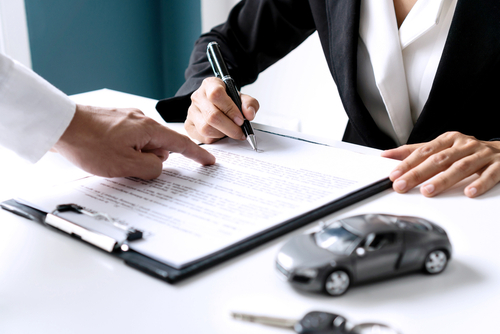
Different Types of Car Insurance Claims
If you’ve reached this part of the post and you have not needed car towing after an accident, congratulations! Meanwhile, let’s make sure you’re prepared just in case.
There are three primary types of car insurance claims:
- Collision claims are filed when you’re in an accident that causes damage to your car. The insurance company will typically pay for the cost of repairs, minus your deductible.
- Liability claims are filed by others when you’re at fault for an accident that causes damage or injury. Liability coverage typically pays for the other party’s damages and medical expenses.
- Comprehensive claims are filed when your car is damaged by something other than a collision. The insurance company will typically pay for the cost of repairs, minus your deductible.

Convenient Vehicle Transportation Services | Extended Trips 101
How to File an Insurance Claim
The process of filing a claim can vary depending on your insurance company and the specific circumstances of the claim. But these steps can help guide you through the process:

Contact Your Insurance Company
If you’ve been in an accident or suffered damage to your vehicle, the first step is to contact your insurance company to report the claim. You can typically do this by phone or online, and your insurance company will provide you with the specific steps you need to take.
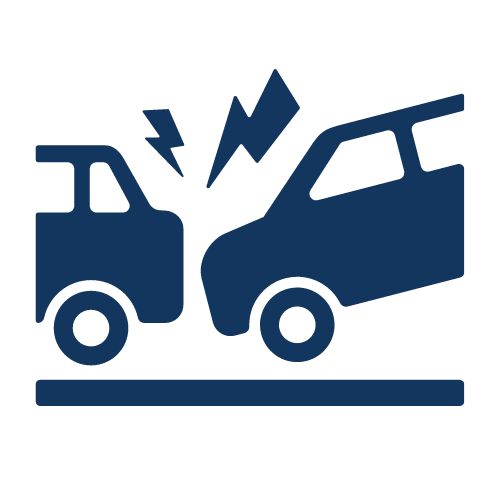
Provide Information
When you contact your insurance company, they will likely ask for details about the accident or damage to your vehicle, including the date and time, location, and any other relevant information.
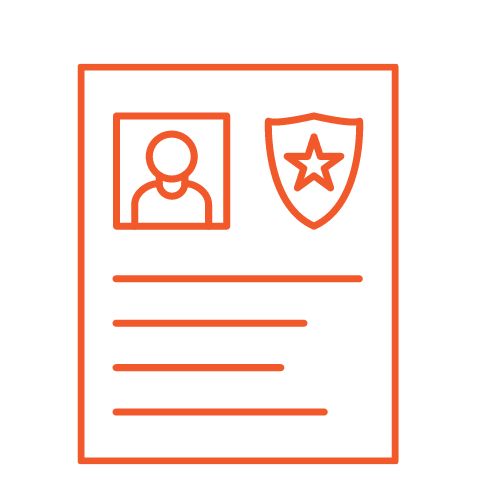
File a Police Report
If you were in an accident, you may need to file a police report as well. This report will include details about the accident and any injuries or damage to vehicles.

Assess the Damage
Assess the Damage: Your insurance company may need to assess the damage to your vehicle before they can process your claim. They may send an adjuster to inspect the vehicle or ask you to take it to a specific repair shop.
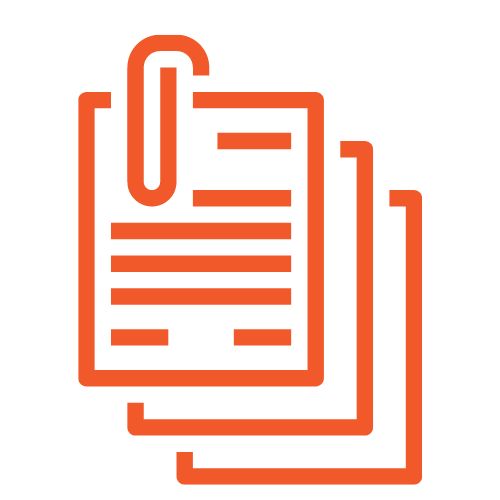
Provide Documentation
Your insurance company may also ask you to provide documentation related to the claim, such as estimates for repairs, medical bills, or other expenses related to the accident or damage.

Follow Up
Once you’ve provided all the necessary information and documentation, your insurance company will process the claim and let you know the outcome. Be sure to follow up with your insurance company regularly to check on the status of your claim and ask any questions you may have.
Remember that the process for filing a car insurance claim can vary depending on the situation. Be sure to consult with your insurance company for specific guidance and instructions.
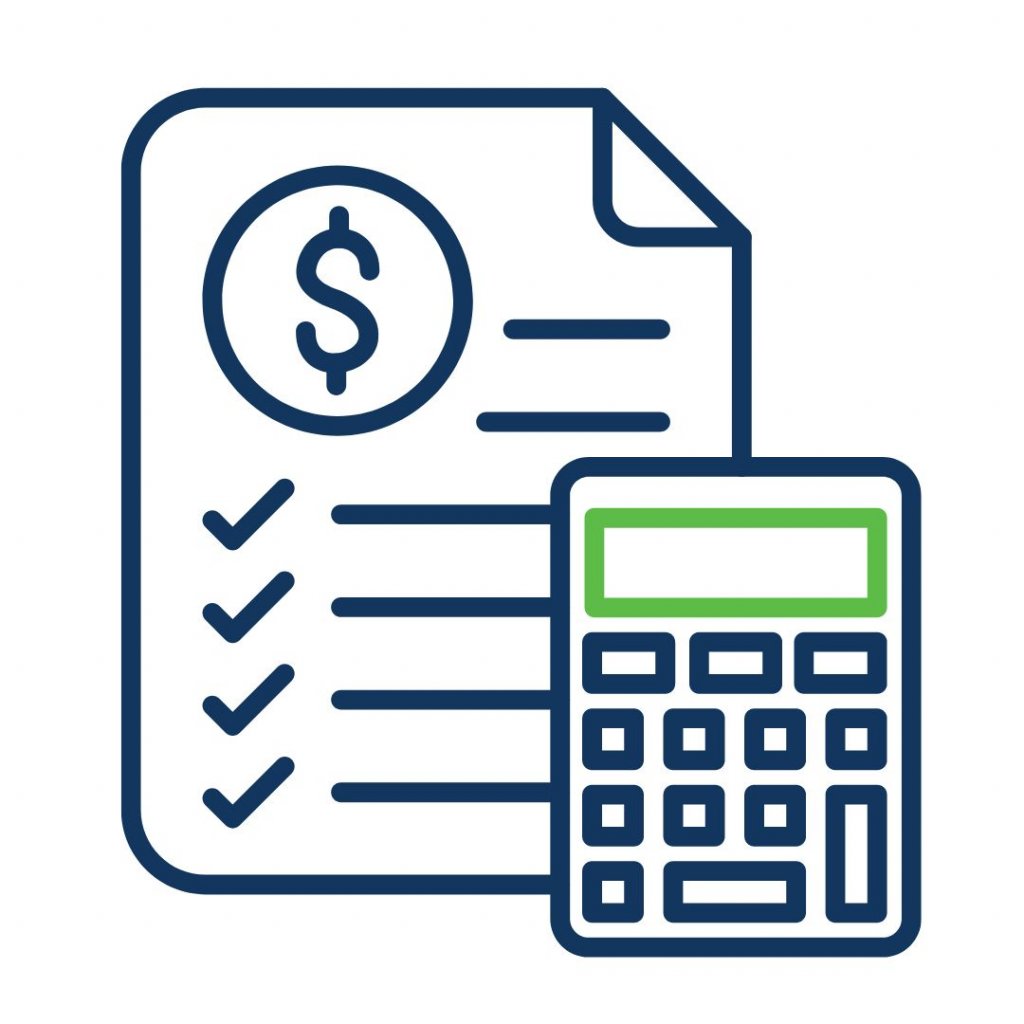
Get 20% OFF Car Shipping
If you’re in the process of moving cars, consider Nationwide Auto Transportation. We offer safe and reliable car shipping services across the country. Rely on our team to find the best solution for your unique needs.
Check out our car shipping quote calculator and get 20% OFF your first shipment.

